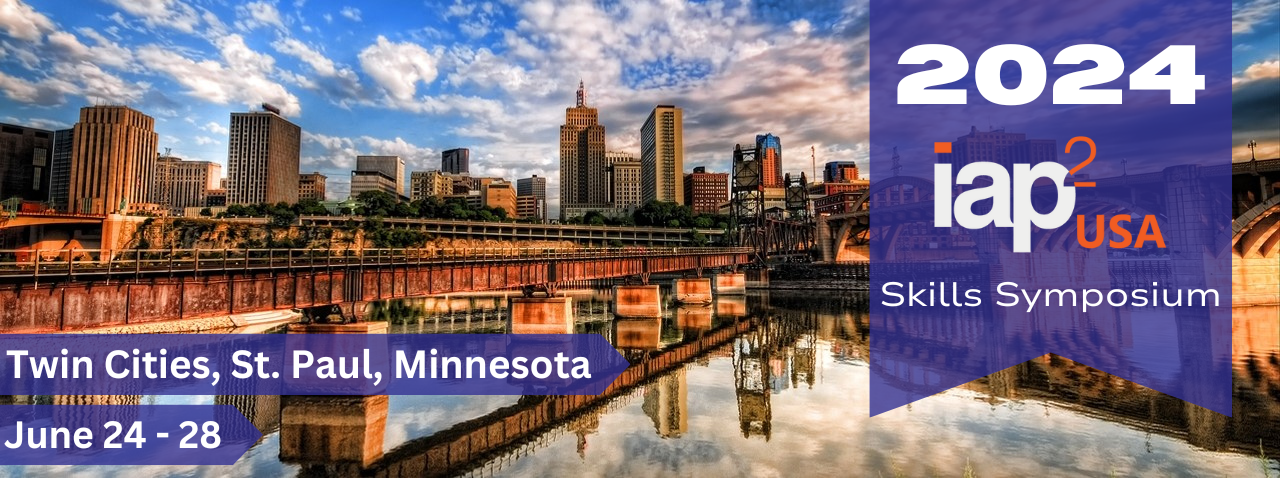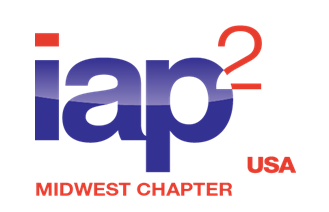
2024 IAP2 USA Skills Symposium
Not a fan of virtual training?
You're in luck!
IAP2 USA is thrilled to announce our first in-person Skills Symposium since 2020.
When:
June 24-28, 2024
Where:
MnDOT Shoreview Training and Conference Center
1900 County Road I West
Shoreview, MN 55126
Venue hosted by Minnesota Department of Transportation
Registration Now Open
Registration Closes Friday, June 14
Schedule at a Glance
All courses start at 8:30 AM and should be finished by 5:00 PM. Lunch and breaks are included in the price. All courses will take place at the Shoreview Training and Conference Center.
| Mon, June 24 | Tues, June 25 | Wed, June 26 | Thurs, June 27 | Fri, June 28 | |
| IAP2's Fundamentals of P2 | IAP2's Designing & Leading P2 (Prerequisite: Fundamentals of P2) |
IAP2's Applying Methods for P2 (Prerequisite: Fundamentals of P2) |
|||
| |
IAP2's Understanding Conflict in Public Participation (Prerequisite: Fundamentals of P2) |
IAP2's Understanding People & Communities (Prerequisite: Fundamentals of P2) |
IAP2's Working with Conflict & High Emotion (Prerequisite: Fundamentals of P2) |
||
| Dream Play Build: Hands-On and Sensory-Based Community Engagement for Meaningful and Equitable Plans, Spaces, and Places | Designing for Diversity: Ethical, Equity-Centered Engagement | ||||
|
IAP2 Certificate Courses |
|||||
Registration Tips
- Fundamentals of Public participation is a prerequisite for the other orange courses and the blue courses. The grey courses have no prerequisite.
- Sign up for each course separately.
- Only one course can be taken each day.
Why Should You Attend?
Gain Knowledge & Skills Engage in hands-on sessions to learn new techniques and tools that can enhance your P2 and engagement activities |
Get Connected Connect with professionals from a wide range of fields and backgrounds, fostering new collaborations and partnerships. |
Q&A:
-
When does early bird registration open? Apr 15, 2024
-
When does early bird registration close? May 15, 2024
-
What time does this event start and end? All courses start at 8:30 AM and should be finished by 5:00 PM. All courses will take place at the Shoreview Training and Conference Center.
-
Are lunch and breaks included in the registration price? Lunch and breaks are included in the price.
-
Can I register for more than one course? Yes, you can register for more than one course, but you will need to register for each course separately. Only one course can be taken each day.
-
Can I take any IAP2 USA Licensed Course in any order? No, Fundamentals of Public Participation is a prerequisite for the courses listed in orange and blue listed on the online schedule. The courses listed in gray have no prerequisite as those are not IAP2 Licensed Courses. Click here to view 2024 Skills Symposium Schedule at a Glance
-
How do I get a discount code? If you qualify for a discount code at registration you will need to email training@iap2usa.org
-
Can I register another person, that isn’t myself from my organization? Yes, and if you need to register multiple people from your organization, you can do so
-
What are the courses included in IAP2’s Global Certificate? Fundamentals of Public Participation, Designing & Leading Public Participation, and Applying Methods for Public Participation
-
What other Licensed Courses will IAP2 USA be offering at the 2024 Skills Symposium? IAP2 USA will be offering three new elective courses: Understanding Conflict in P2, Understanding People and Communities, Working with Conflict and High Emotion
-
When will I receive a certificate of completion from the courses I take? IAP2 USA will send your certificate via email one week from the event end date.
If I took the old Foundations course, do I need to retake Fundamentals? No, you do not need to retake Fundamentals. However, we recommend you watch the transition video prior to taking the next two courses; Designing and Leading and Applying Methods. Link to Transition Video: https://www.youtube.com/watch?v=Gz1nL4tzGwY
Hosted by:
.png)

Symposium Training Schedule:
